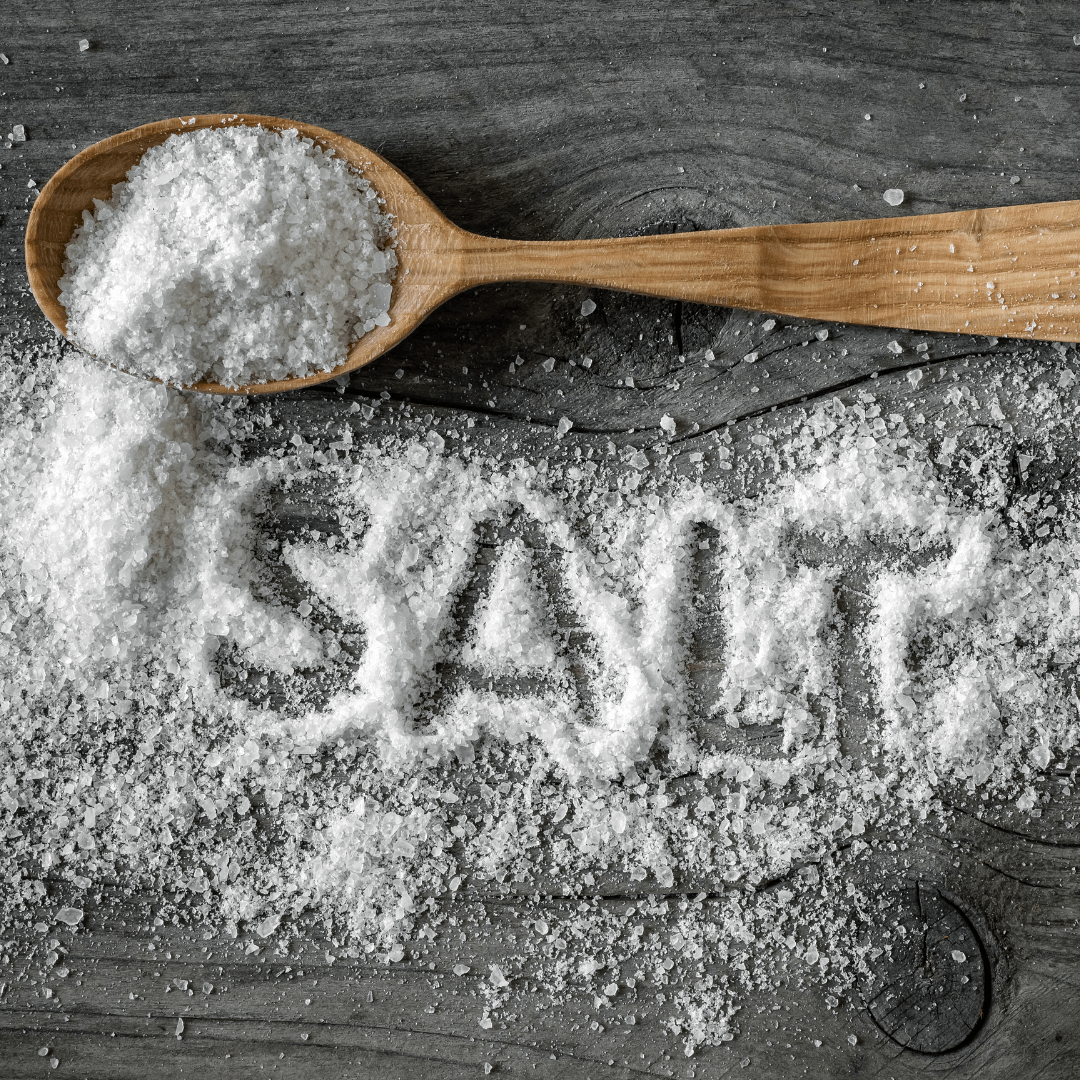 Ah, salt – that magical ingredient that transforms bland into grand and elevates our taste buds to new heights. Yet, despite its flavor-enhancing prowess, salt often finds itself on the receiving end of health-related skepticism, particularly concerning cardiovascular well-being. Fear not, salt enthusiasts, for we're about to embark on a journey to demystify the misconceptions and unveil the truth about the relationship between salt and heart health.
Ah, salt – that magical ingredient that transforms bland into grand and elevates our taste buds to new heights. Yet, despite its flavor-enhancing prowess, salt often finds itself on the receiving end of health-related skepticism, particularly concerning cardiovascular well-being. Fear not, salt enthusiasts, for we're about to embark on a journey to demystify the misconceptions and unveil the truth about the relationship between salt and heart health.1. Salt: A Culprit in Disguise?
Let's address the elephant in the room – the notion that salt is an enemy of cardiovascular health. The prevailing belief is that excessive salt intake contributes to high blood pressure, a significant risk factor for heart disease. While it's true that excessive sodium can lead to fluid retention and increased blood pressure in sensitive individuals, demonizing salt entirely oversimplifies a complex relationship.
2. The Sodium-Potassium Dance:
Salt is not a solo act; it's part of a duo that includes potassium. The balance between sodium and potassium is crucial for maintaining healthy blood pressure levels. Modern diets often skew this delicate equilibrium, with an excess of processed foods high in sodium and low in potassium. The key lies in restoring this balance through a diet rich in fruits, vegetables, and unprocessed foods.
3. Individual Variability:
One size doesn't fit all when it comes to salt sensitivity. While some individuals may be more susceptible to the blood pressure-raising effects of sodium, others may not experience the same impact. Factors such as genetics, age, and overall health play a role in how our bodies respond to salt.
4. The Importance of Quality Salt:
Not all salts are created equal. Refined table salt, laden with additives and stripped of minerals, is a far cry from its unadulterated counterparts like Himalayan pink salt or sea salt. These natural salts contain essential minerals that contribute to overall health, and when used mindfully, they can be part of a heart-healthy diet.
5. Salt: Friend or Foe?
Let's set the record straight – salt is not the villain it's often portrayed to be. In fact, our bodies need sodium for various physiological functions, including nerve transmission and muscle contraction. Sensible salt consumption can coexist with cardiovascular health when coupled with a well-rounded, nutrient-rich diet.
6. Moderation is the Key:
As with most things in life, moderation is key. Instead of a wholesale salt ban, focus on mindful consumption. Embrace the natural, unprocessed varieties, savor the flavors they bring to your dishes, and pair them with a balanced diet that includes an abundance of fruits, vegetables, and whole foods.
In the grand symphony of health, salt plays a crucial role, contributing not just to our taste buds' delight but also to essential bodily functions. It's time to debunk the myths, shake off the unfounded fears, and welcome salt back into our kitchens with open arms – or, perhaps more fittingly, open salt shakers. Remember, a heart-healthy lifestyle isn't about eliminating pleasures; it's about savoring them wisely. So, sprinkle on, fellow salt enthusiasts, and let the savory journey continue!
Subscribe to get my monthly recipe, starting with delicious Rosemary Salt CLICK HERE
In my next blog, I'll share some specific recommendations for salt that is free of microplastics and toxins. Stay tuned....
People often ask me what my favorite YL products are. That really depends on many factors— what may be my favorite today could be different than yesterday, depending on what’s going on in my life. But if you’d like to know the Young Living products I absolutely use every single day, click the button below for My Daily Favorites!













0 Comments